Biden won’t have everlasting chance to lift sanctions, return to nuclear deal: Iran
Iran has warned that the window of opportunity will not remain open forever for the administration of new US President Joe Biden to lift the sanctions and return to compliance with the UN-endorsed nuclear deal that his predecessor quit in 2018.
“At present, we have had no dialog or contact with the new US administration and we are still waiting for the official positions of the US administration on this country’s return to its obligations and the lifting of illegal sanctions as an inseparable part of these obligations,” Ali Rabiei, the Iranian administration’s spokesman, said at a weekly press briefing on Tuesday.
He added that Iran has yet no plan to hold negotiations with the US but any progress in this regard will depend on the United States’ practical steps to return to its commitments under Resolution 2231 that endorses the nuclear accord, officially known as the Joint Comprehensive Plan of Action (JCPOA).
“Of course, the US will not have time forever, and the window of opportunity is very small not only for the United States but also for the European members of the JCPOA to fulfill their obligations,” the senior Iranian official said.
He expressed hope that the Biden administration would take practical decisions and strides to prove its goodwill and build trust before further complication of issues.
Rabiei was echoing Foreign Minister Mohammad Javad Zarif, who similarly advised the Biden administration in a recent op-ed for Foreign Affairs to seize the chance and reverse course regarding the Iran deal.
In an interview with NBC News on Monday, Iran’s Ambassador to the United Nations Majid Takht-Ravanchi, who was a member of the negotiating team with world powers that led to the nuclear deal, said likewise that the ball was in Washington’s court. He noted that Tehran was waiting for the new team in the White House to take the first step to lift the sanctions and then rejoin the JCPOA.
The deal was initially signed between Iran and six major world states — the US, Germany, France, Britain, Russia and China — in 2015 and was ratified in the form of UN Security Council Resolution 2231 shortly afterwards.
However, the US under former president Donald Trump unilaterally pulled out of the JCPOA in May 2018 and reinstated the anti-Iran sanctions that had been lifted by the deal.
The Trump administration also launched what it called a maximum pressure campaign against Iran, targeting the Iranian nation with the “toughest ever” restrictive measures.
As the remaining European parties failed to fulfill their end of the bargain under US pressure, Iran began in May 2019 to scale back its JCPOA commitments under Articles 26 and 36 of the accord covering Tehran’s legal rights.
Biden has pledged to rejoin the accord, which was inked when he was vice president, if the Islamic Republic returns to compliance.
Iran, however, says it will only reverse its reciprocal measures if the United States lifts its sanctions as a prelude to rejoining the JCPOA.
‘US should return to de-escalation’
Elsewhere in the presser, Rabiei said Iran hopes that the new US administration would develop a better understanding of the regional situation and return to the process of de-escalation.
“De-escalation depends on both sides’ determination. Iran has never sought or started tension with any country,” the spokesman said.
However, US administrations, particularly the previous one, have only served the interests of the circle of its own allies and undermined the prospect of relations that could benefit regional and international peace and stability, he added.
Iran has maintained its principled stance, said Rabiei, adding that influential members of the international community and the Security Council admitted, when Biden’s predecessor was still in office, that America had oppressed the Iranian nation.
“We are now waiting for them [the Americans] to act on whatever they have said,” he added.
Iran FM declares ‘good start’ as US–Iran talks conclude in Muscat
Iran strongly condemns 'terrorist' mosque blast in Islamabad
Iran enters talks backed by national power, popular support: MP
France, UK involved in assassination of Muammar Gaddafi's son: Reports
Shia mosque explosion in Islamabad kills more than 30, injures over 160
Iran defense minister in Azerbaijan to boost security, defense ties
Iran-US talks in Oman focus solely on nuclear issue: Envoy
Ex-PM Olmert admits Israel committing ‘ethnic cleansing’ in West Bank




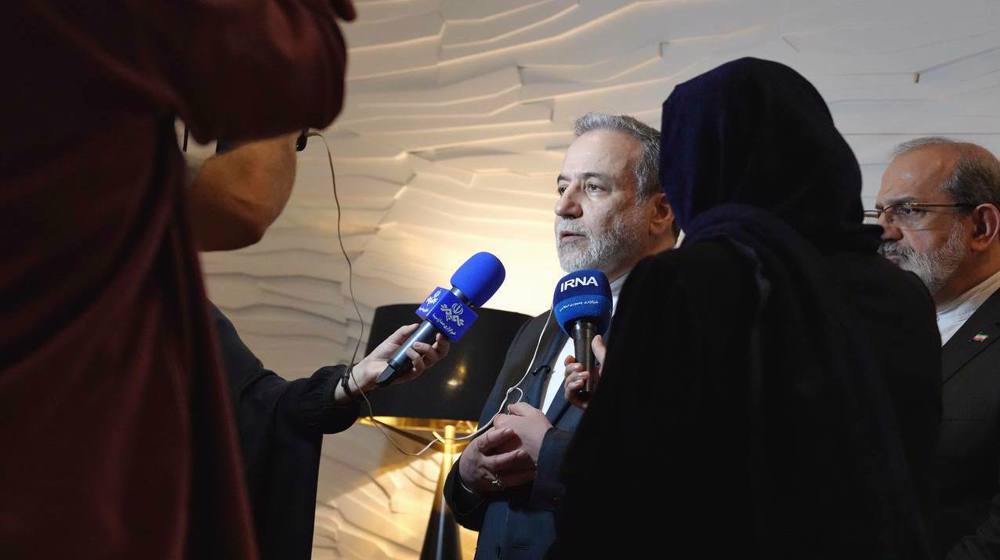
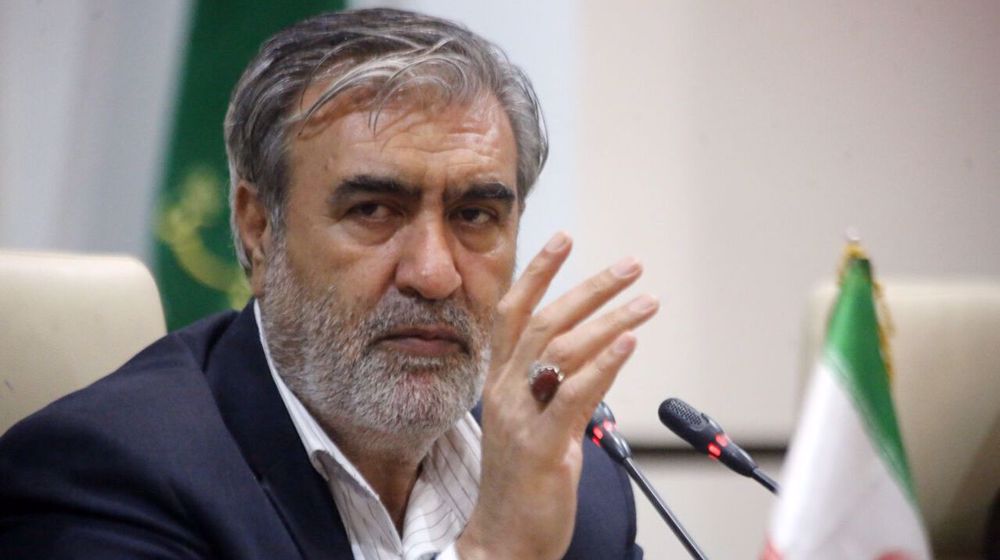
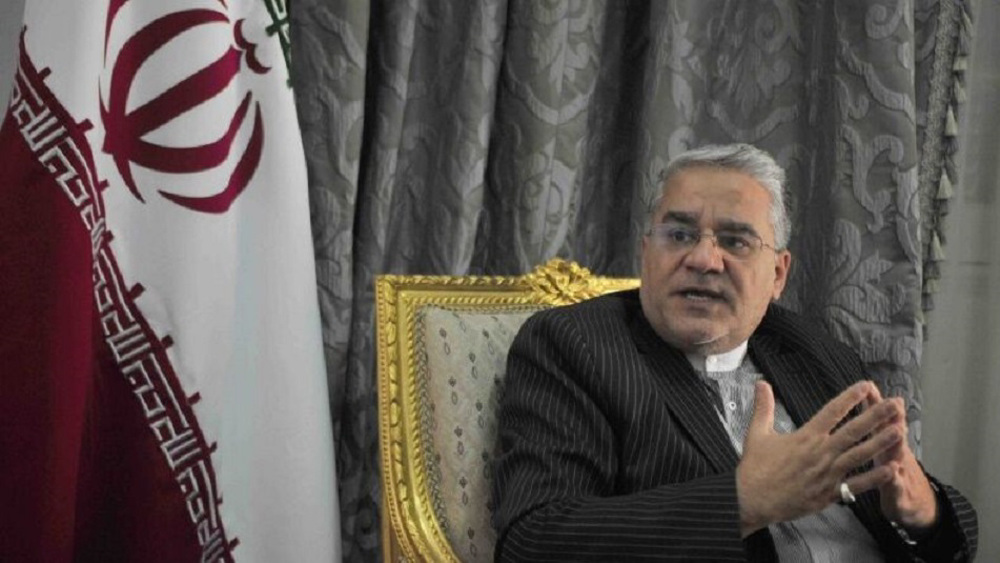







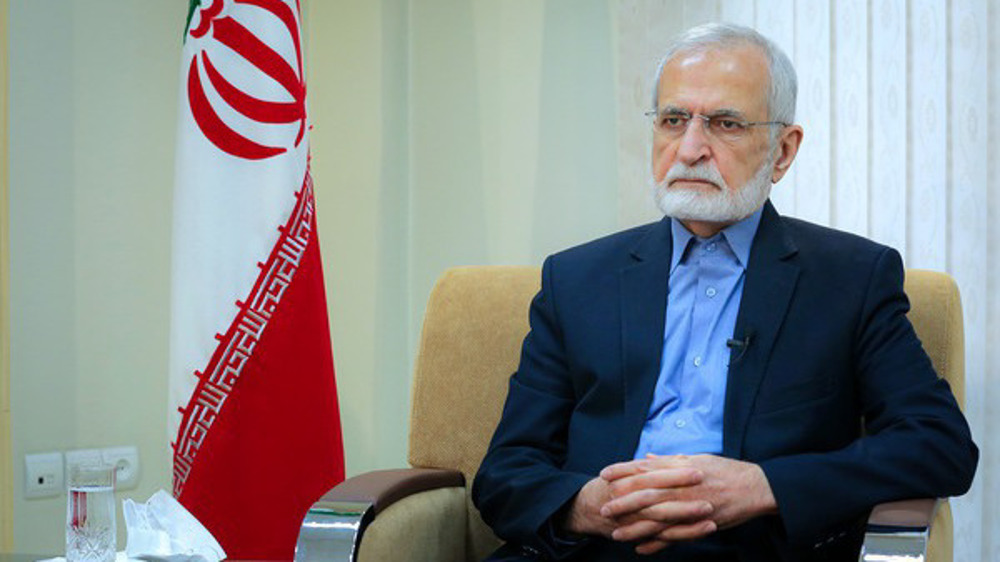
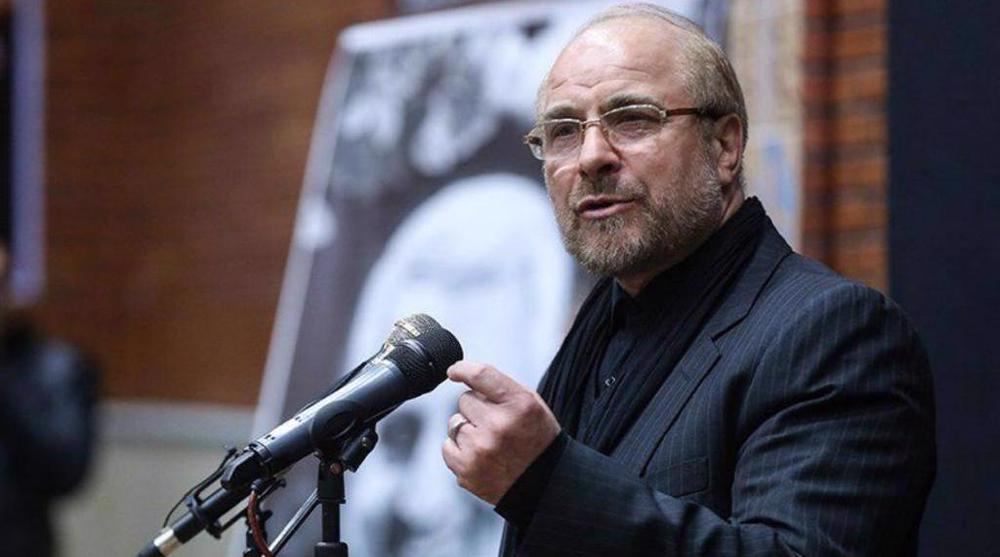


 This makes it easy to access the Press TV website
This makes it easy to access the Press TV website